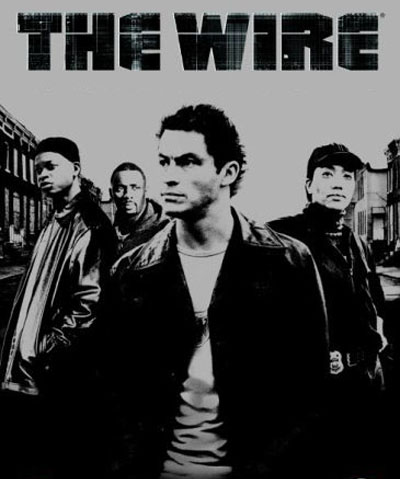Did Lindisfarne ever mean much in the U.S.? I have little idea and suspect not, but, for a brief window, early, early 70s, they were huge over here, contrarily atypical of anything else on the market at the time, too folk for prog, too ramshackle for folk, a glorious blend of mismatched voices and acoustic instruments, underpinned by a rock solid rhythm section, belting out tunes with all the measure of a McCartney. And those mismatched voices came together to give the uncanniest of ragged harmonies, the like of which would not be heard again until the heyday of the Jayhawks. Alan Hull, author and the main singer of most of the songs, had a knack to pierce through to your soul with his anguish and joy, his songwriting capable of both effortlessly crafted wordplay or of the tightest social comment, often in the same song. This song, the lead track from their 3rd record, 'Dingley Dell', is an example of the latter, a wistful lament to and of its times, the backing a beautiful blend of mandolins and a silver band.
The band, named after the almost-island off the Northumberland coast of England, were slow to meet overnight success, the first record, o so aptly entitled 'Nicely Out of Tune', almost slipping by unnoticed, until, ironically, their 2nd release, 'Fog on the Tyne' was released. This was, astonishingly, the surprise biggest UK selling album of 1972, its lead single, a song by bassist Rod Clements, 'Meet Me on the Corner', becoming a number 5 single success. 'Lady Eleanor', the earlier single from that first record was released a 2nd time, surpassing that and reaching number 3, buoying the parent LP up the charts behind it, the melancholic mandolin of Ray Jackson, also the harmonica player for meet 'Me on the Corner', no small part of the either songs attractiveness. The other 2 members of the band, Simon Cowe, on guitars and the biggest pigsty hairstyle ever, and Ray Laidlaw on no nonsense drums, each added to the whole. 'Dingley Dell' was a much more ambitious pice, and, in retrospect, was perhaps a step too far for their fanbase, that version of the band then breaking asunder, as their success faltered. I remember buying it, on the day of release, being both delighted and disappointed, variously, by the changes in and widening of direction. Two factions, Hull, Jackson and new members, lurched on as Lindisfarne, but it was never quite the same. The other 3 formed the rather more folk influenced 'Jack the Lad', with likewise limited favour, outside, at least, my ears. The original 5 reformed together in 1976, with a further hit single, 'Run For Home', but times had changed and their style was now out of vogue, hindered by the material promising, ultimately, more than it could deliver. More was to be gained from their famed yearly Christmas gigs at Newcastle City Hall, which were fuelled more on past glories than new. At least once a year, the fog on the tyne was, surely, theirs. Alan Hull had also a solo career alongside these later years, with greater acclaim, particularly in retrospect, than with his concomitant band work, ahead of a way too early demise, in 1995, aged 50, from a heart attack. In 2012 a plaque was unveiled in Newcastle to his memory.
Since then, as is seemingly now compulsory of bands from the last century, the band lurches on, various original members slipping in and out, often one replacing the other, as when Ray Jackson 'retiring' in 2015, to be 'replaced' by Rod Clements. Sadly Simon Cowe died in 2015.
Search further: this is the best of from their first 3 (and best 3) recordings, which were each on the quirky UK Charisma label, also an home to Genesis, the 2 completely different bands going out on tour together on one occasion, to the possible bemusement of the fans of each.

































































































































































































































































































































































































